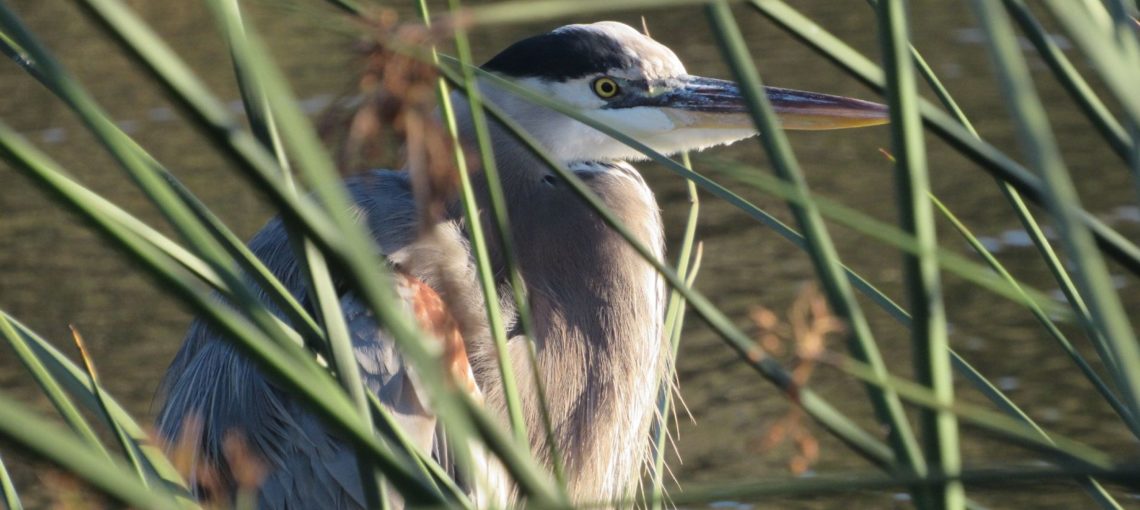Ventura Harbor Community
The project conducted non-native plant removal at wastewater treatment ponds located adjacent to the Santa Clara River Estuary to enhance habitat and promote community stewardship.


The project conducted non-native plant removal at wastewater treatment ponds located adjacent to the Santa Clara River Estuary to enhance habitat and promote community stewardship.
The Ojai Valley Green Coalition eradicated non-native plants and restored the riparian ecosystem of the Ojai Creek riparian corridor within Libbey Park in Ojai, California. This project aimed to complement and complete a number of previous efforts to restore aspects of the Ojai Creek with a more thorough and self sustaining restoration within Libbey Park. … Continued
This project 1) engaged diverse local communities in Salt Marsh restoration and maintenance through restoration days, educational field trips, advertisements, electronic media, and mailings; and 2) restored disparate patches of upland and transitional-to-upland vegetation communities, totaling 2 acres, through continued removal of invasives and installation of natives (infill planting).
Volunteers and staff from Starr Ranch, plus the Orange County Conservation Corps, removed invasive non-native plants, mainly Vinca major, from the riparian corridor along Bell Creek to improve habitat for native fauna.
Back to Natives Restoration, students from Earthroots Field School, and volunteers from the Center for Spiritual Living partnered to perform a service learning project to restore Oak Woodland to Caspers Wilderness Park. The plantings were completed in the first year and monitoring continued for 5 years.
The Adams School project combined the restoration of 800 linear feet of a highly degraded stream channel with over 300 elementary school students in collaborative, hands-on learning activities. Asphalt and non-native plants were removed, the channel was regraded, and native wetland/riparian plants and trees wereinstalled. Students learned about wetland ecology and stewardship while restoring this … Continued
This project created a vision to remove the over 50,000 square feet of iceplant which was invading the Colorado Lagoon, as well as salvage native salt marsh plants, by initiating a community-oriented program focused on service learning and supported by the City of Long Beach. This project was an opportunity to set a precedent for … Continued
The project improved wetland habitat by increasing ecological diversity for native species by removing invasive non-native flora species and installing native flora along the banks at the mouth of Carpinteria Creek on State Parks property through the use volunteers.
The project removed hottentot fig and other non-native plant biomass and facilitated the growth and abundance of native salt marsh and wetland bugger plant and animal species.
The project conducted pre-project monitoring of agricultural land on the site and restoration and monitoring of 1 acre. The project included repair of pumps, installation of temporary irrigation, weed control and planting.
The Big Canyon Bluffs restoration project removed non- native, invasive species from the bluffs area immediately upslope from the Big Canyon Creek Restoration Project. Removal of the non-native species and replacement with natives appropriate to the coastal sage scrub community as well as other native, non-invasive species enhanced the flora in Big Canyon Creek, provided … Continued
This project developed a watershed-wide invasive plant control plan in the Tijuana River Valley and implemented the first phase of exotics removal. The Tijuana River Valley is in one of the most important biological sites in California. It includes Prime riparian and salt march habitats within a county regional park, a state park, and a … Continued